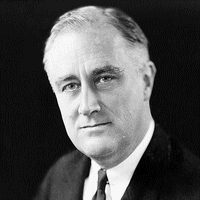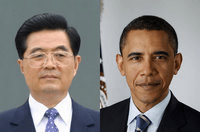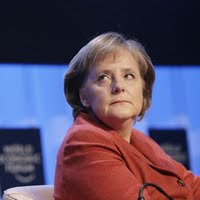
BEIJING — Although nuclear arms control is not likely to be a major agenda item during President Barack Obama’s visit to China, it should be. One of the obstacles facing the president as he seeks to realize the ambitious goals endorsed by the Nobel Peace Prize Committee is the need to transform the primarily bilateral strategic arms control relationship inherited from the Cold War into one that places greater emphasis on multilateral frameworks. Although Moscow and Washington have made progress in negotiating a replacement for the Strategic Arms Reduction Treaty (START) that expires this December, other nuclear weapons states must […]




